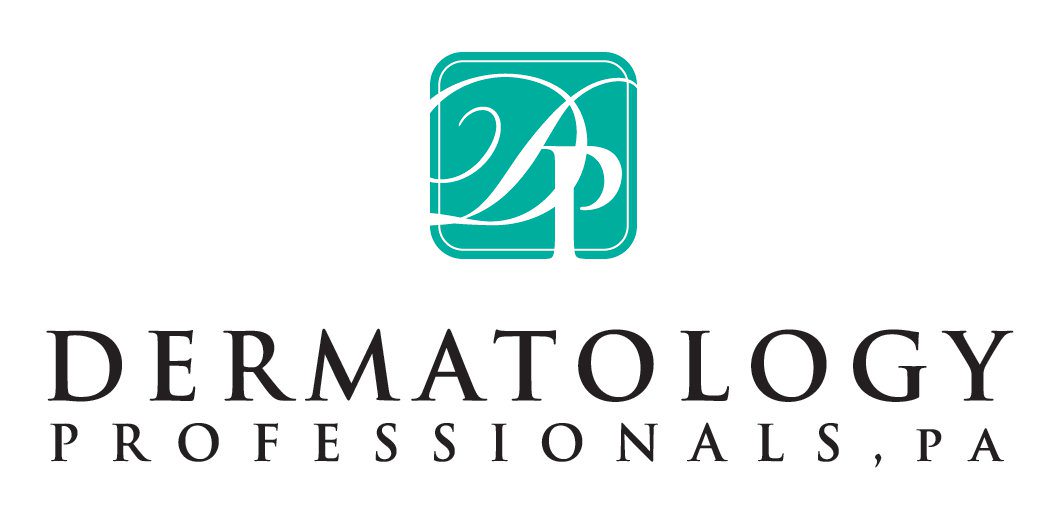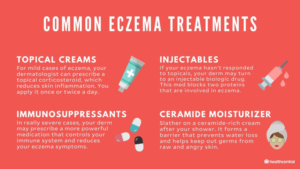Eczema Treatment
Eczema is a skin disease. The first sign of eczema tends to be patches of dry or red, itchy skin. Scratching the skin damages its surface and can worsen the rash.
Sometimes, eczema is called atopic dermatitis. It usually beings very early in life. It is common in infants and young children, and most people who get eczema will have it before they turn five years old. It is rare for eczema to appear for the first time as an adult.
Eczema tends to come and go, often without warning. A treatment plan that includes skin care can reduce flare-ups and ease much of the discomfort.
What causes Eczema?
No one knows for sure what causes eczema. Dermatologists and other scientists are studying possible causes. We do know that eczema is not contagious. This means that your child did not catch eczema from anyone and cannot give it to anyone.
Scientists also know that a child is more likely to get eczema if a parent or another family member has eczema, asthma, or hay fever. This means that genes may play a role in causing eczema. Other factors that seem to contribute to a child developing eczema are living in an urban area and/or living in a cold or dry climate.
How can I tell if my child has Eczema?
If your child has eczema, you will see dry, scaly or red patches on your child’s skin. In infants, these patches often appear on the scalp, forehead, and cheeks. Patches are especially common on an infant’s cheeks. Eczema is itchy, so you may see your baby rubbing against bedding or carpeting to relieve the itch.
How is Eczema diagnosed?
A dermatologist can often diagnose eczema by looking at the child’s skin. The dermatologist will look closely at the dry, scaly patches and/or rash. Your dermatologist also may ask some questions, such as when the dry, scaly patches first appeared and whether any close blood relatives have eczema, hay fever, or asthma. This is often all that is necessary to diagnose eczema.
If allergy testing is necessary, your dermatologist will tell you.

